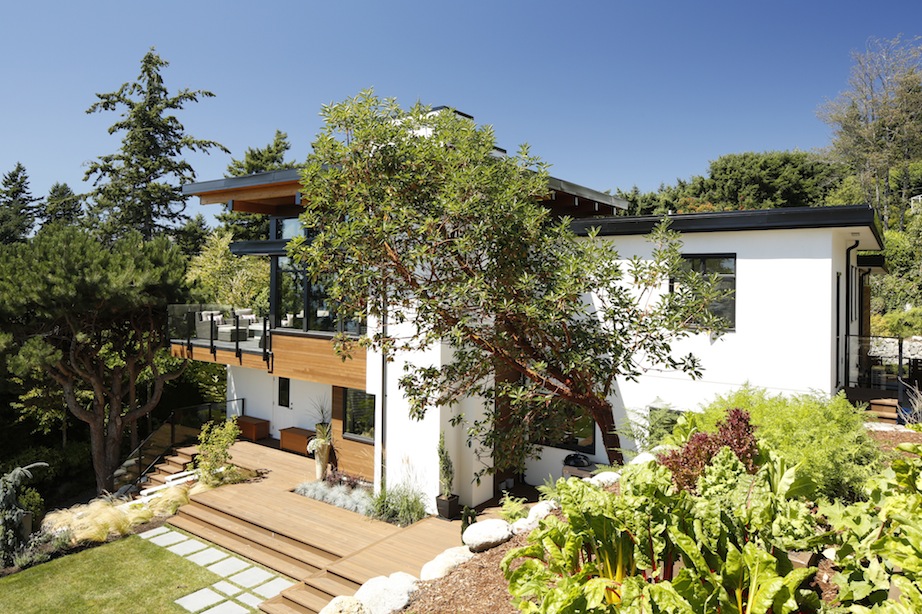When planning a landscaping or outdoor construction project, one of the most important decisions you’ll make is how to structure your contract. The type of agreement you choose can significantly impact your project’s cost, flexibility, and overall success.
Two of the most common types of landscaping contracts are Time and Material and Fixed Price. Understanding how each works – along with their pros and cons – will help you make the best decision for your property and budget.
Understanding Time and Material Contracts
A Time and Material (T&M) contract is based on the actual time spent on the job and the cost of materials used throughout the project. This format offers greater flexibility, making it ideal for complex or large-scale landscape construction projects where the scope may evolve during the build.
With a Time and Material contract, you pay for the exact labor hours and materials required, rather than a pre-determined lump sum. This approach allows for changes to be made along the way, such as adding new design features or adapting to unforeseen site conditions.
However, because the total cost is not fixed, this type of contract requires a higher level of trust and transparency between the client and the contractor. It’s important to work with a reputable landscaping company that provides clear hourly rates, material pricing, and consistent updates throughout the project.
Advantages of Time and Material Contracts
- Greater flexibility for design changes and site adjustments
- Transparent breakdown of labor and material costs
- Suitable for custom or evolving landscape designs
Disadvantages of Time and Material Contracts
- Final cost can be unpredictable
- Requires close communication and oversight
- May not suit clients with strict budget limits

Understanding Fixed Price (Quoted) Contracts
A Fixed Price, or Quoted Contract, is a set-price agreement where the landscaper provides one total cost for the entire project before work begins. This model works best for smaller or well-defined landscaping projects, where the scope and specifications are clear from the start.
With a Fixed Price contract, the cost remains the same unless the client requests changes. This offers a sense of cost certainty and simplifies budgeting, which many homeowners appreciate. The contractor assumes the financial risk if labor or material costs rise during the project.
However, for a Fixed Price contract to be successful, it’s essential that the initial project assessment is detailed and accurate. Miscommunication or incomplete planning can lead to unexpected costs later on.
Advantages of Fixed Price Contracts
- Predictable and transparent project costs
- Easier to manage budgets and timelines
- Contractor bears the risk of cost overruns
Disadvantages of Fixed Price Contracts
- Limited flexibility for design changes
- May include higher pricing to cover unforeseen risks
- Not ideal for projects with evolving scopes or complex requirements
Which Contract Type Is Right for Your Landscaping Project?
Choosing between a Time and Material and a Fixed Price contract depends on your project’s complexity, budget, and desired level of involvement.
For large, custom, or unpredictable landscape builds such as outdoor living spaces, retaining walls, or full garden transformations – a Time and Material agreement offers the adaptability you need. It allows your contractor to adjust to changes in soil conditions, weather, or design modifications.
For smaller or clearly defined projects, such as lawn installation, garden planting, or patio construction, a Fixed Price contract provides clarity and peace of mind by locking in a single agreed-upon cost.
Before deciding, discuss your priorities with your landscaping contractor. Consider factors like timeline, flexibility, and budget comfort. A transparent, experienced landscape professional will help you determine the most suitable structure for your specific goals.
Making an Informed Decision
To ensure your project runs smoothly from start to finish:
- Evaluate your project scope and goals.
Determine how much flexibility you’ll need as the project progresses. - Set realistic budget expectations.
Consider whether cost certainty or design adaptability is more important to you. - Work with a trusted contractor.
Choose a landscaping company with proven experience, transparent pricing, and strong communication. - Review estimates carefully.
Ask for detailed breakdowns of labor, materials, and timelines before signing. - Keep communication open.
Regular updates between you and your contractor can prevent surprises and keep the project on track.
The Bottom Line
There’s no one-size-fits-all answer when it comes to landscaping contracts. Both Time and Material and Fixed Price structures have unique benefits, and the best choice depends on your project’s scope, budget, and flexibility requirements.
We believe in empowering clients to make informed decisions about their outdoor investments. Whether you’re planning a full landscape renovation or a seasonal installation, our team provides clear guidance, transparent pricing, and quality craftsmanship at every step.
Ready to start your next landscaping project?
Contact our team today to discuss your vision and find the right contract structure for your goals.
Have a project in mind?




 Contact Us
Contact Us